How the NIH HEAL Initiative’s Research is Pursuing Scientific Solutions to the Opioid & Overdose Crisis
Fri, 2/9/2024 - 10:00am - 11:30am
Location and Host
2168 Rayburn House Office Building, Washington DC 20515
Hosted by the Congressional Bipartisan Mental Health and Substance Use Disorder Task Force
Overview
Please join us for an informational briefing to learn how HEAL research on opioid use disorder and chronic pain is advancing solutions for the millions of Americans and communities impacted by this public health crisis.
The opioid and overdose crisis continues to devastate our nation. In both 2021 and 2022, more than 100,000 Americans lost their lives to drug overdoses. Each year, more than 80,000 of those involve opioids, including highly potent synthetic opioids like fentanyl. With support from Congress, the National Institutes of Health (NIH) Helping to End Addiction Long-term® Initiative, or NIH HEAL Initiative®, was launched in 2018 as an NIH-wide research effort that seeks to accelerate scientific solutions for opioid use disorder, overdose, and pain. To date, NIH has invested over $3 billion to fund over 1,800 research projects in all 50 states and the District of Columbia. HEAL research is already producing promising results with direct implications for policy and practice.
Topics Covered
- Discuss the scope of HEAL research solutions to addressing the pain and opioid crises.
- Discover how researchers and communities are working together to find meaningful scientific solutions that can inform policy decisions, public health programs, and clinical practice.
- Hear directly from scientists who will share how their cutting-edge research offers hope to end addiction long-term.
10:00 AM
Welcome
10:10 AM
How HEAL is Addressing the Opioid and Overdose Crisis
Dr. Nora Volkow, Director, National Institute on Drug Abuse
10:25 AM
Development of Long-acting Monoclonal Antibodies to Treat Methamphetamine Use Disorder
Dr. Misty Stevens, Chief Operating Officer, InterveXion Therapeutics, LLC
10:40 AM
How HEAL is Addressing Pain in the Opioid Crisis
Dr. Walter Koroshetz, Director, National Institute of Neurological Disorders and Stroke
10:55 AM
Personalized Brain Stimulation for Chronic Pain: A Scientist's and Patient's Story
Dr. Prasad Shirvalkar, Associate Professor, University of California San Francisco
Edward Mowery, Musician and Clinical Trial Patient
11:10 AM
Questions + Answers
11:30 AM
Closing Remarks
- Dr. Nora Volkow: Providing Scientific Solutions to the Opioid & Overdose Crisis
- Dr. Misty Stevens: InterveXion Therapeutics: Development of a Long-acting Monoclonal Antibody for Treating Methamphetamine Use Disorder
- Dr. Walter Koroshetz: HEAL Pain Research Overview—Congressional Staff Briefing
- Dr. Prasad Shirvalkar: Personalized Brain Stimulation for Chronic Pain: A Scientist's and Patient's Story
Speaker Bios
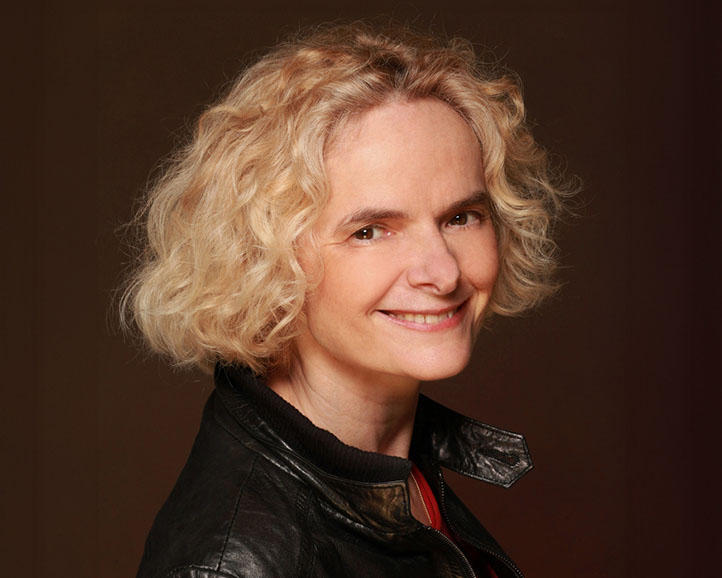
Nora D. Volkow, M.D., is Director of the National Institute on Drug Abuse (NIDA) at the National Institutes of Health. NIDA is the world’s largest funder of research on the health aspects of drug use and addiction. Dr. Volkow’s work has been instrumental in demonstrating that drug addiction is a brain disorder.
As a research psychiatrist, Dr. Volkow pioneered the use of brain imaging to investigate how substance use affects brain functions. In particular, her studies have documented that changes in the dopamine system affect the functions of frontal brain regions involved with reward and self-control in addiction. She has also made important contributions to the neurobiology of obesity, ADHD, and aging.
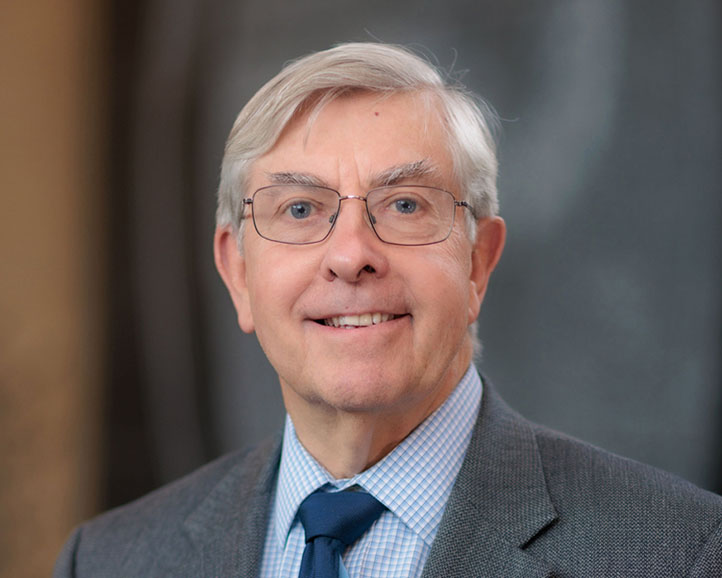
Walter Koroshetz, M.D., serves as Director of the National Institute of Neurological Disorders and Stroke (NINDS). He joined NINDS in 2007 as Deputy Director and has held leadership roles in a number of NIH and NINDS programs, including co-leading NIH’s BRAIN Initiative, the NIH RECOVER Initiative in the study of Post Acute Sequelae of COVID-19, the NIH Blueprint for Neuroscience, the Traumatic Brain Injury Center collaboration between the NIH intramural and the Uniformed Health Services University, the NIH HEAL Initiative, and the Undiagnosed Diseases Network.
He co-leads a number of NIH Common Fund programs, including the Acute to Chronic Pain Signatures program, Somatic Cell Genome Editing program, and ALS Transformative Research Award program, and he was instrumental in founding the NIH Office of Emergency Care Research. Before NINDS, Dr. Koroshetz served as the Neurology Vice Chair and Director of stroke and neurointensive care and led the neurology resident training at Massachusetts General Hospital as a Harvard professor.
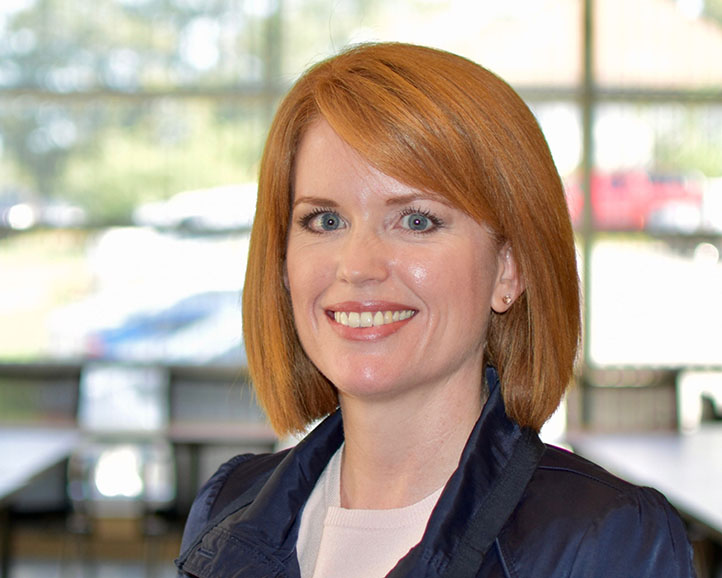
Misty Stevens, Ph.D., M.B.A., is the Chief Operating Officer for InterveXion Therapeutics, an Arkansas LLC developing therapies for methamphetamine (METH) use disorder. She has 18 years of experience developing biological medications for clinical trials and has been PI or Co-PI on multiple NIDA grants propelling InterveXion’s current anti-METH antibody from IND-enabling studies through four completed human trials.
She conducted her doctoral work in protein biochemistry at the University of Arkansas and then completed a postdoctoral fellowship at Harvard Medical School/Brigham & Women’s Hospital. Dr. Stevens later completed an M.B.A. at the University of Arkansas.
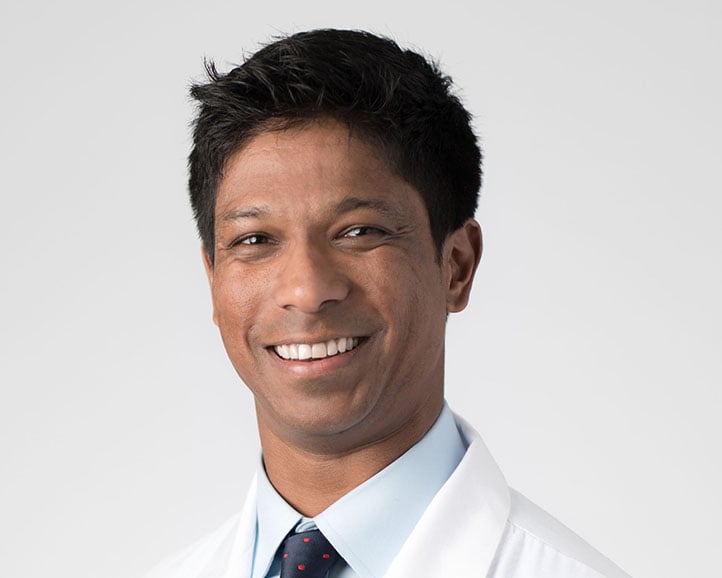
Prasad Shirvalkar M.D., Ph.D., Associate Professor at the University of California San Francisco (UCSF), treats the whole spectrum of chronic pain syndromes and runs a laboratory in the department of neurological surgery. His research program aims to study how the subjective experience of chronic pain is processed in the human brain and spine towards developing neurostimulation technology to improve quality of life.
His lab recently discovered the first direct brain biomarkers to track chronic pain severity; they are using these insights to develop novel brain stimulation therapies to treat severe pain disorders in patients. Dr. Shirvalkar earned his doctoral and medical degrees at Icahn School of Medicine at Mount Sinai and completed a residency in neurology at Weill Cornell Medicine and Memorial Sloan Kettering Cancer Center, where he served as chief resident. He completed a fellowship in pain management at UCSF and has been on faculty for 5 years.
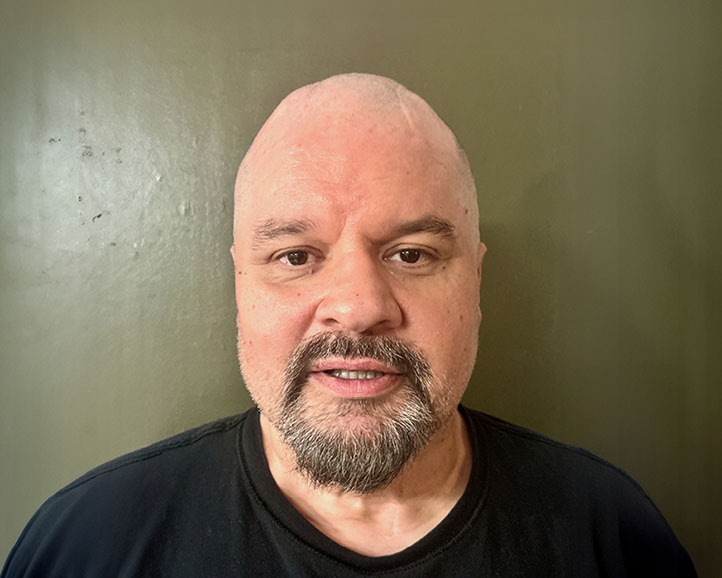
Edward Mowery, musician and clinical trial patient/community partner, lives in Albuquerque, New Mexico, and had previously suffered from chronic pain for more than 18 years. He had severe debilitating pain in his neck, arms, and back from spinal degenerative disease and underwent 13 spinal surgeries without much benefit. He also had sharp, stabbing pain in his legs and feet from complex regional pain syndrome that prevented him from working or making music. Since enrolling in the clinical trial with Dr. Shirvalkar at UCSF, he is nearly free of chronic pain, and has started working again full time.
In addition, his band, Tiwanaku, recently finished its first studio album after 18 years and is planning a worldwide tour after recently signing a record deal. They are already working on their second album.
Stay Connected:
For more information, contact the HEAL Communications Team at [email protected].
Subscribe to receive news, funding announcements, and more directly to your inbox.
Follow the National Institute on Drug Abuse (NIDA) for new #nihHEALinitiative research and funding opportunities related to opioid use disorder, harm reduction, prevention, and overdose.
Follow the National Institute of Neurological Disorders and Stroke (NINDS) for #nihHEALinitiative research findings and funding opportunities on pain.
NIH HEAL Initiative 2024 Annual Report
Now in its 5th year of funding, the NIH Helping to End Addiction Long-term® Initiative, or NIH HEAL Initiative®, continues to seek urgent answers to the nation’s evolving pain and opioid crises.
HEAL is Hope
The NIH HEAL Initiative® is seeking scientific solutions for the opioid crisis that affects communities across America.
5th Annual NIH HEAL Initiative Scientific Meeting
The 5th Annual NIH HEAL Initiative Scientific Meeting brings together HEAL-funded researchers, patients and community partners/advisors, NIH leadership and scientific staff, federal officials, and other stakeholders to share research findings, explore trends and shared interests and challenges, and identify opportunities to advance the goals of the initiative.
 U.S. Department of Health & Human Services
U.S. Department of Health & Human Services
